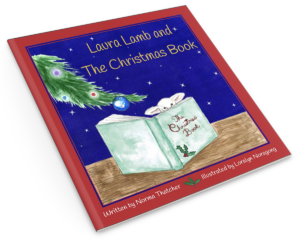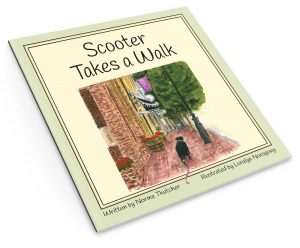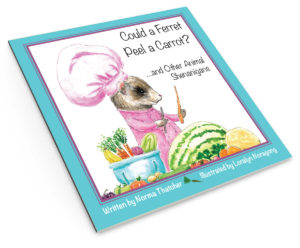
Late-night host Jimmy Kimmel has a recurring segment called “Lie Witness News.” The show has an interviewer on the streets of Los Angeles who asks passersby to answer questions that are totally made up but sound reasonable. Instead of saying, “I have no idea what you’re talking about,” the man/woman on the street (at least the ones that make it to the show’s production) just make up a story.
Here are some examples:
Kimmel’s writers made up an awards show called “Outstanding Celebrity Excellence Awards” and then asked people to comment on the host’s and presenters’ outrageous behaviors. The people responded with comments like, “I thought it was totally inappropriate.” And “I was very shocked by what she did.” (Remember, there actually wasn’t bad behavior because the award show didn’t exist.)
Another Lie Witness edition went like this: “Do you think Oprah should be canceled because of what she said about the troops?” The man’s response was, “Yes, even if it was a mistake, she needs to apologize.” Interviewer: “Where were you when you heard the news?” Man: “Uh, I think I was at work.”
Others were questioned about an actress hitting a dolphin, an actor eating a kangaroo at a petting zoo, and a child actor being caught cheating on his taxes. Although none of this happened, it didn’t stop people from spinning stories about how they saw it on Twitter or TikTok and then told all their friends. When asked what part was most upsetting to them, they continued the web of lies.
Why? Why would anyone feel the need to say they know about something that they don’t? And we know their responses are untrue because none of those stories happened! Is the need to be in the know that compulsive? Are we afraid of not fitting in if we admit we’re not familiar with that “story”?
I don’t find this segment funny; to me, it’s distressing. It just reinforces that people can say anything outrageous and be believed and repeated without offering an ounce of proof that what they’re saying is true.
In coaching public speaking, students often cite the Q&A session as the most stressful. “What if,” they say, “someone in the audience asks me a question that I don’t know the answer to? I’ll look stupid and it will ruin my whole speech!”
This scenario is actually an excellent opportunity for a speaker. You respond, “I don’t know the answer to that question. If you give me your contact information, I’ll research it and get back to you. Thank you for that question.”
How refreshing for someone to admit with confidence and poise they don’t know everything! This actually happened to me in an online class I ran last spring. The question was a fascinating one, and when I got back to the questioner with a full response, she was blown away that a) I had actually kept my word about getting back and b) the information I provided was the exact solution to her problem. As an extra bonus, I learned something new!
So don’t hesitate to say, “I don’t know.” And this is one situation where a “but” is entirely appropriate as in, “but I’ll find out for you.”
~~~~~
My post from five years ago on the same topic of lying
Lie Witness News about Canada becoming America’s 51st state



